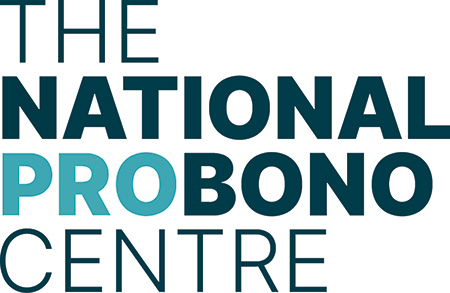

- The National Pro Bono Centre’s Client-Sensitive Pro Bono Practice series, delivered with Trauma Informed Law, helps lawyers handle client distress through trauma-informed techniques, boundary-setting, and self-regulation.
Pro bono work can be one of the most rewarding things you do as a lawyer. It’s a direct way to use your skills to help people in real distress, often in crisis. But it can also be difficult emotionally and psychologically, especially when you’re working with highly vulnerable clients in areas of law outside your usual practice.
While this is increasingly being talked about, we don’t always have the right language or the awareness to say ‘this is affecting me’. But the reality is that helping someone in desperate need, even for a 45-minute advice session, can stay with you—in your head, your body, and your nervous system—long after the meeting ends.
At the National Pro Bono Centre, we’ve









